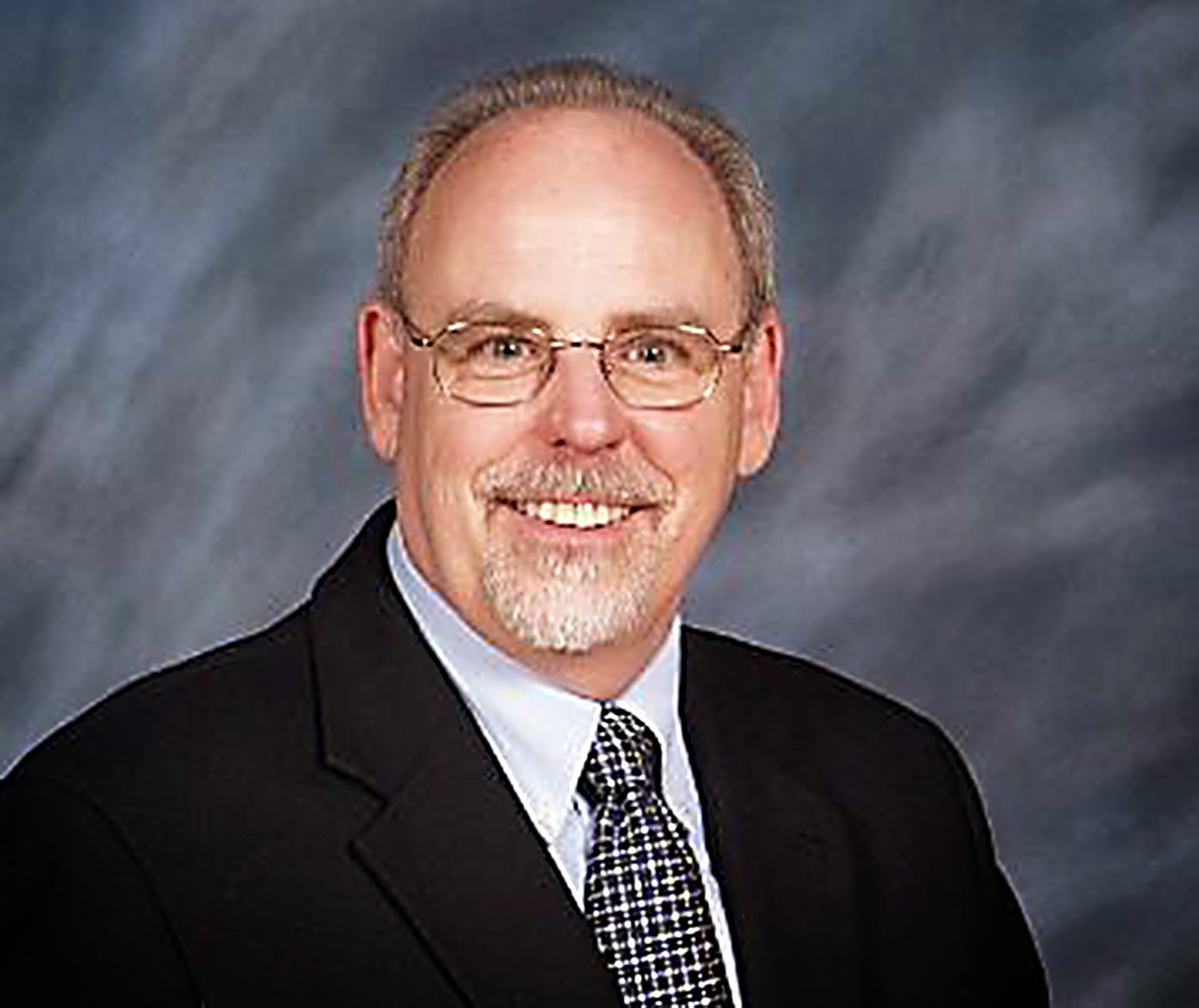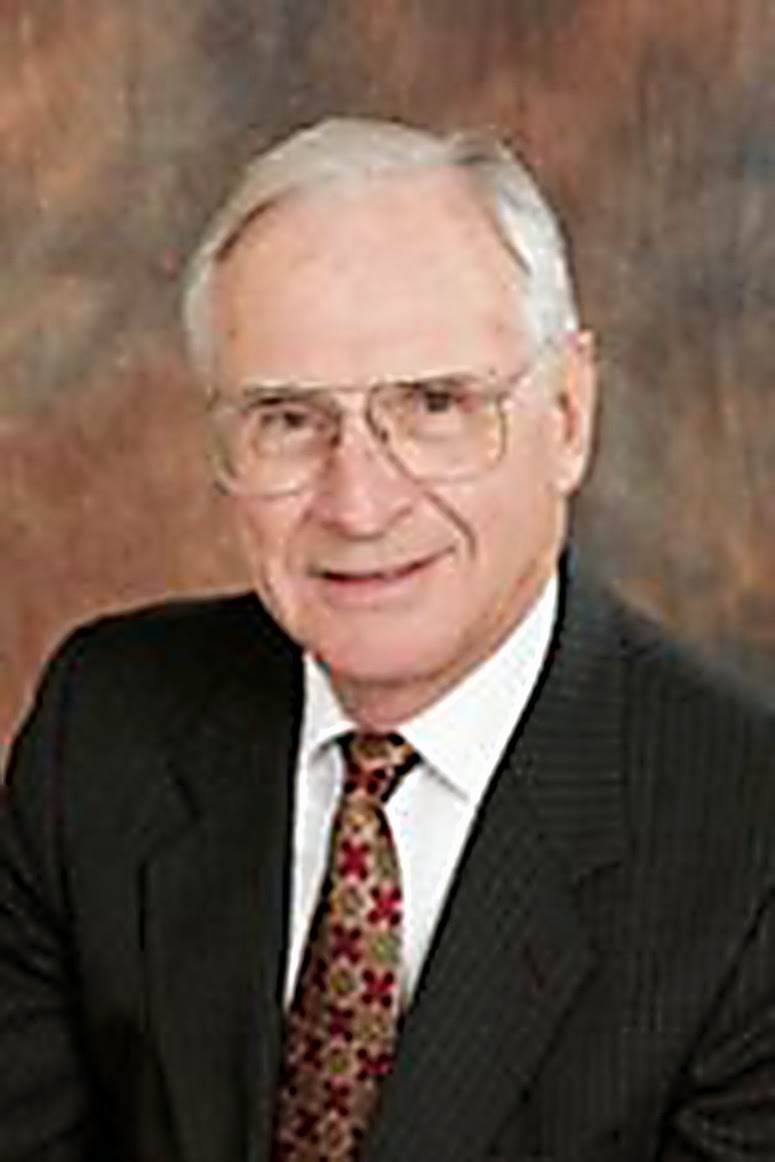Annual Conference Speakers
Memorial Service,
Thursday, June 12, 7 p.m.
Rev. Dr. Tom Salsgiver, Dean of Cabinet
Thomas L. Salsgiver (Tom) currently serves the Susquehanna Conference as the Lewisburg District Superintendent, and Dean of the Cabinet. Prior to his current appointment, Tom was the Council Director/Director of Connectional Ministries for the former Central Pennsylvania Conference.
Ordained an elder in the Central Pennsylvania Conference in 1977, he has served in a variety of pastoral appointments including Grace UMC in Harrisburg, Fourth St. UMC in Harrisburg, Wellsboro UMC, and Wesley UMC in Bloomsburg. In 1987 he became Director of Youth and Young Adult Ministry for the General Board of Discipleship in Nashville, Tennessee. His job involved resourcing United Methodist Churches throughout the United States concerning youth and young adult ministry.
Tom earned a bachelor of Bachelor of Arts in Sociology and Social Work at Lambuth University (1972), a Master of Divinity at United Theological Seminary in Dayton, Ohio (1975), and a Doctor of Ministry also at United Theological Seminary (1987).
He has authored, co-authored or edited a variety of books, study guides & youth programs, including: Evangelism and Youth Ministry: New Wine for a New Day, Discipleship Resources, Nashville, 1989. Co-authored with Dr. Shirley Clement; The Complete Youth Group Checkup and Other Great Retreats, Abingdon Press, Nashville, 1992 (Editor); Creative Teaching Series: Teachers of Youth, 1989 (study guide for video); Teaching the Bible to Youth, 1990 (video script, study guide and co-host of video); For Such a Time as This: Building Bridges to People (study guide for video); A Return to Our First Love: The Church at Ephesus (study guide for video); Leap of Faith: Persons Alive in Christ, Transformational Leaders, Healthy and Growing Communities of Faith (study guide for video); five Youth Fellowship programs published in UMY Program Annual, Cokesbury, 1995-1996; two Youth Fellowship programs published in UMY Mission and Event Annual, Cokesbury, 1995-1996.
Tom is a member of the Conference Vision Leadership Team, Sessions Committee, Board of Pensions, Medical Leave Committee and Conference Response Team. Tom was elected a reserve delegate to General Conference in 2004, a delegate to General Conference in 2008 and 2012, and a delegate to Jurisdictional Conference in 2004, 2008, and 2012. He is also the Secretary for the Northeastern Jurisdiction; a board member of the United Methodist Publishing House, and President of the USA Board of Ludhiana Christian Medial College, Ludhiana, India.
Tom is a native of Williamsport, Pa. In July, he will celebrate forty years of marriage to Joanne (Hughes). They have two children, Becky (Cronrath) who lives in Florida with her husband Daniel, and Brent who lives in Altoona with his wife Elizabeth and son Mason.
Bible Study,
Saturday, June 14, 8:15 a.m.
Pastor Yvette Davis
Yvette B. Davis is currently serving as the Lead Pastor at Asbury United Methodist Church in York, Pennsylvania. She is the first woman and person of color to serve this church in its 230+ year history.
Pastor Davis also serves as Chairperson of The Northeastern Jurisdiction Urban Steering Network (NEJ USN) of the General Board of Global Ministries. In that capacity, she is also the convener of the NEJ Urban Task Force, a collaborative partnership of representatives from Boston University School of Theology; The Theological School at Drew University; Wesley Theological Seminary; the Northeastern Jurisdiction Urban Steering Network; The Multi-Ethnic Center for Ministry; and the Center for the Study and Practice of Urban Religion (CSPUR) of New York Theological Seminary. This summer, the NEJ Urban Task Force will present “Jazz in the City: An Institute for Urban Ministry Leadership Training”, a one-week intensive, case study based, graduate level course taking place in New York City.
Prior to her appointment to Asbury, Pastor Davis was Director of The Office of Urban and Global Ministries and Conference Shalom Coordinator of The Eastern Pennsylvania Conference of The United Methodist Church where she resourced more than 120 urban local United Methodist churches.
Prior to engaging in fulltime ministry, Pastor Davis was the corporate librarian and paralegal at an international, publicly traded plastic container manufacturer located in Northeast Philadelphia. She was also the pastor of Bridesburg United Methodist Church, also located in Northeast Philadelphia. Pastor Davis was the first person of color to be appointed to that church in its, then, 174 year history.
Pastor Davis was the Collection Supervisor of the Johnson-UGO Foundation Library, the first faith-based entity to be designated a Cooperating Collection of The Foundation Center, a national philanthropy resource center. She has been an information specialist for 20 years and has 15 years experience working for nonprofit and faith-based organizations. A native New Yorker who has lived in Pennsylvania for the past 11 years, she has served as a Board member, Executive Director, Associate Director, and in other roles for a number of community and faith-based organizations.
Pastor Davis earned a Bachelor of Arts degree in English Literature from New York University and a Master of Science in Library and Information Science from Drexel University. In 2002, she was one of 12 persons selected to receive a Fellowship from The JP Morgan Chase Foundation to participate in The Nonprofit Management for Faith-Based Leaders Institute at Milano Graduate School for Public Administration at New School University. Pastor Davis is also a Drew University Certified Regional Trainer for Communities of Shalom.
Pastor Davis is pursuing ordination in The United Methodist Church as well as a Master of Divinity from Drew Theological Seminary.
Ordination Service,
Saturday, June 14, 1:30 p.m.
Bishop Joseph Yeakel
Born in Mahanoy City, Pennsylvania, Joe Yeakel attended the Pottsville, Pennsylvania, public schools. His matriculation to Lebanon Valley College was interrupted by a tour of duty with the United States Navy Seabees, returning to Lebanon Valley College from which he graduated with an A.B. degree.
He served the Gardners-Mt. Victory Charge near Mt. Holly, Pa., during his senior year in college. He attended United Theological Seminary in Dayton, Ohio (M.Div.), serving as a student Assistant Pastor at the Euclid Avenue EUB Church in Dayton.
He became a member of the Central Pennsylvania Annual Conference of the former Evangelical United Brethren Church as a probationary member, and was ordained an elder by Bishop George Edward Epp. He was Assistant Pastor at Otterbein Church in Hagerstown, Md.; Pastor at Messiah Church in York, Pa.; and Memorial Church in Silver Spring, Md.
In 1963 he was elected Assistant General Secretary of the Board of Evangelism with offices in Dayton, Ohio. In 1965 he became the General Secretary of the Board and at the time of church union in 1968, he became the General Secretary of the Board of Evangelism of The United Methodist Church.
The Northeastern Jurisdictional Conference elected him to the episcopacy in 1972. He administered the New York West Area, 1972-84, and the Washington (DC) Area 1984-1996. He retired on August 31, 1996.
Bishop Yeakel has served on the General Board of Church and Society and the General Council on Finance and Administration. He was President of the Council of Bishops (1992-93).


























